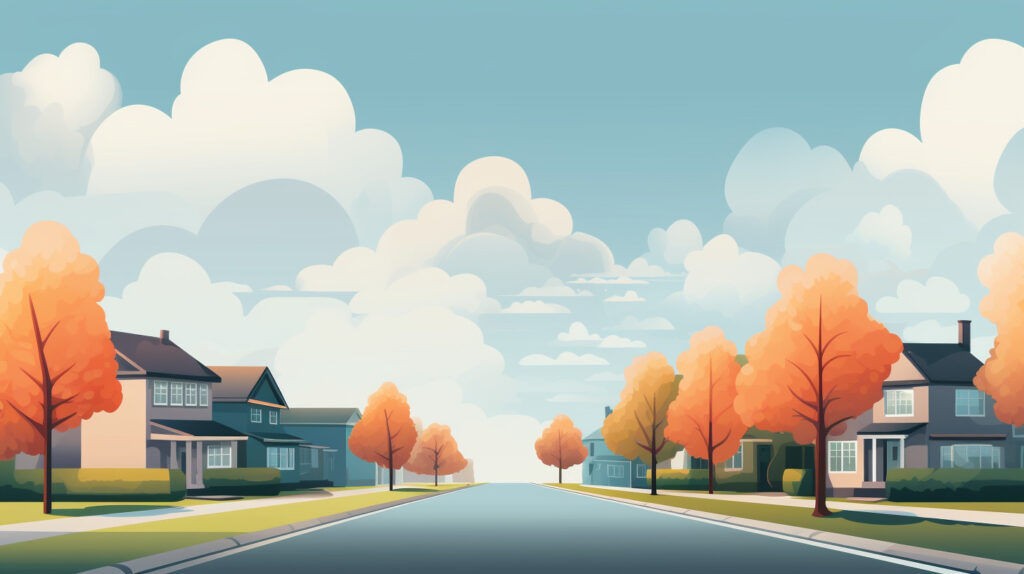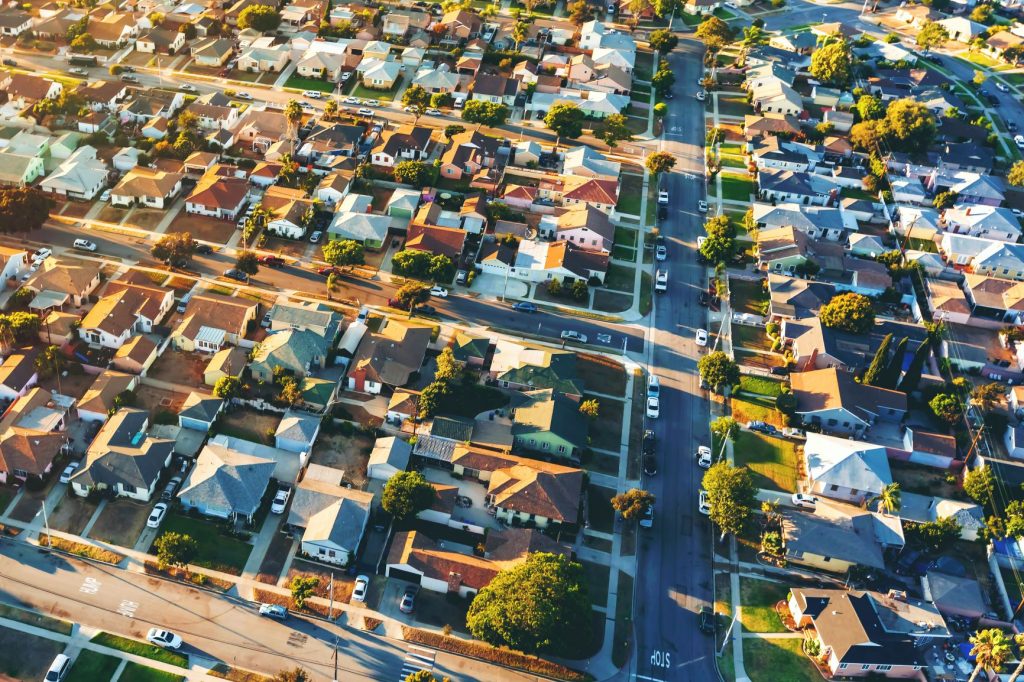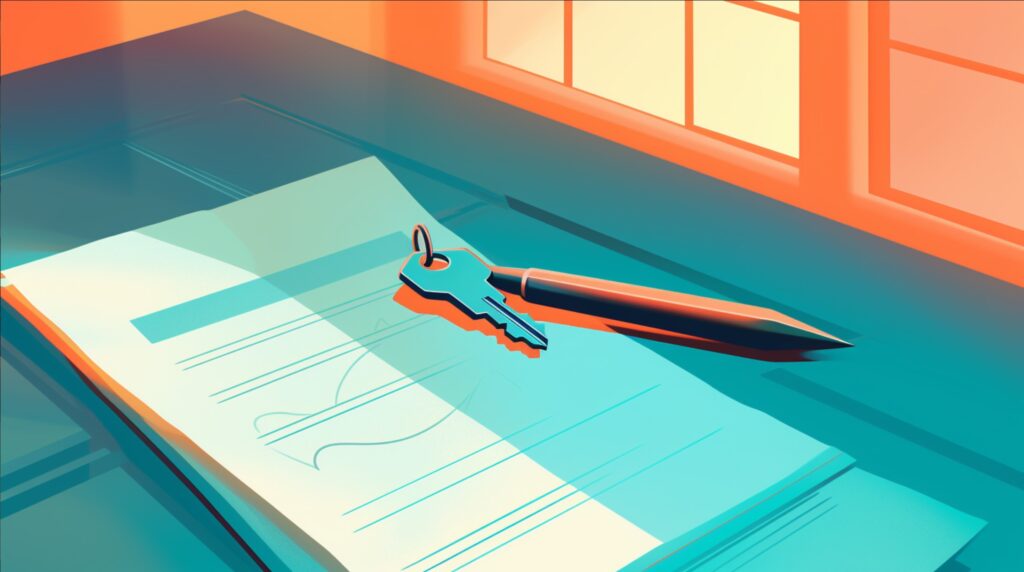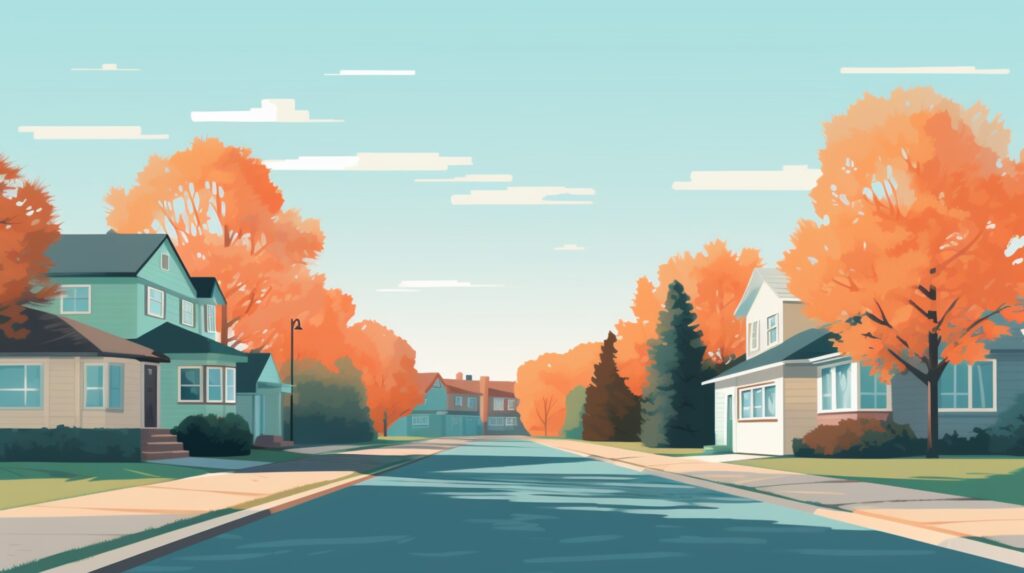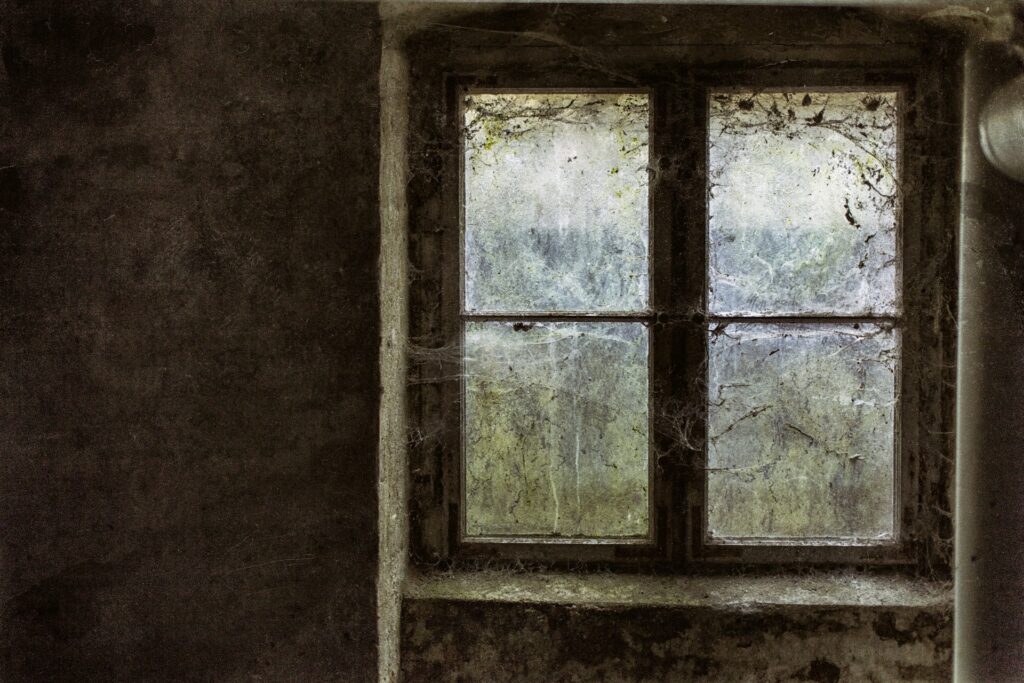
We are reader-supported. When you buy through links on our site, we may earn an affiliate commission.
As the pandemic waned, home prices skyrocketed, with increases driven by multiple factors, such as the influx of people working from home. Now that things have returned somewhat to normal, interest rates remain high, and the nation’s shortage of available properties continues. It’s natural to wonder if a housing market crash is about to upend the economy.
Those still bearing scars from the Great Recession of 2008 might recognize some similarities between yesterday’s economy and today’s. However, decided differences give many financial experts reason for optimism.
You want to know what to do with your money. Is the housing market heading for a crash? Here’s what you should know.
Factors Influencing Whether the Housing Market Will Crash
Economists examine various factors when determining the likelihood of a housing market crash. Although other issues may occasionally play roles, such as a pandemic increasing work-from-home opportunities, it generally boils down to good old supply and demand.
Four basic factors influence supply and demand in the housing market, including:
- Disposable income: How much money does the typical household have left at month’s end? Higher disposable income allows people to save the necessary downpayment to buy a home. Unfortunately, some households earning six figures still live paycheck to paycheck today.
- The cost of credit: Interest rates can make a substantial difference. The same $500,000 loan has a far different monthly payment at 7% interest versus 3%.
- Supply disruptions: How many homes are builders erecting each year? Since the 2008 crash, many have taken more conservative approaches, limiting supply.
- Material costs: The cost of several building materials rose steeply in the pandemic’s early days and haven’t all returned to normal.
Signs That the Housing Market May Crash
Economists remain torn on whether today’s housing market will crash. That’s because there are substantial mixed figures. While demand for homes remains high, the average income pales in the face of inflation.
Here are four signs of a potential housing market crash you should watch.
1. Home Prices Rising Faster Than Inflation and Income
The sharp increase in home prices during the pandemic far exceeded inflation in many areas, with regions like Arizona and Florida seeing rises of 50% or more. In comparison, the average income hasn’t budged much. The federal minimum wage remains at a dismal $7.25 per hour, and the gap between wealthy investors and the working class continues to grow.
2. Low Availability of Affordable Housing
As a result of rising income inequality, over 75% of available home inventory is now beyond the reach of middle-income earners. Conversely, corporate ownership of residential housing continues to expand. Even buyers with a hefty downpayment can’t compete with cash in hand, leaving many would-be buyers resigned to renting — and the inherent volatility of that lifestyle.
3. High-Interest Rates
Interest rates don’t mean a thing to institutional investors who pay cash to buy up residential blocks. However, steeply rising rates over the past few quarters have made monthly mortgage payments unduly costly for most typical homebuyers.
4. Small Investor Eagerness During the Pandemic
Although tighter lending restrictions prevented the buying frenzy seen before the 2008 crash, many small investors nevertheless bit off more than they could comfortably chew. This scenario played out most significantly in tourist-heavy areas such as Phoenix, AZ and Miami, FL.
For example, some bought second homes hoping to turn a profit with Airbnb but find rooms hard to fill now that the economy is slowing down. They could find it tough to cover high mortgage payments without the projected income.
Signs That the Housing Market Will Recover
Despite these factors pointing to a housing market crash as 2023 heads toward 2024, many experts remain hopeful that we will not see anything reminiscent of 2008. Why? Here are five reasons for optimism.
1. Limited Foreclosure Activity
Despite rising interest rates, there is relatively little foreclosure activity on existing housing. Home equity is at an all-time high, precluding many from ending up underwater. Furthermore, people who locked in their current mortgages during periods of lower interest are reluctant to buy a replacement property or take out an equity line of credit at a higher rate.
2. Inventories Still Low
Because those who locked in lower rates want to hold onto their good fortune, fewer people are willing to list their homes today than in the pandemic’s early days. Furthermore, new home builders have remained conservative after the 2008 crash, building fewer homes on spec and breaking ground less often.
3. Strict Lending Laws Remain in Force
Much of the 2008 crash occurred as buyers took on overly optimistic balloon mortgages that came due long before any promised rewards. Furthermore, lax requirements made it possible to get loans by stating income and providing little, if any, documentation. Today, strict lending regulations make getting approved for a mortgage tougher, preventing many from making a very costly mistake.
4. Builder Confidence Returning
Builder confidence is returning, meaning new inventory will keep the market going. Furthermore, supply chain issues have eased, although shortages will likely remain throughout the rest of 2023.
5. Strong Housing Demand
The COVID-19 pandemic increased housing demand in two ways. Many people saw their rent go up, sometimes precipitously, making them desire the consistency of a monthly mortgage payment. Furthermore, the increase in people working from home has many of today’s buyers seeking larger properties further from urban areas.
Societal Factors Influencing the Housing Market Crash
The economy doesn’t exist in a vacuum. Factors outside the Fed’s control can influence where and how people live, affecting whether society is heading for a housing market crash.
One factor few experts mention is the influence of generational wealth distribution. The majority of money in America remains largely concentrated in the hands of the baby boomers. Much of this population possesses the most equity.
The good news is that this equity can prevent a housing market crash. However, property ownership is the traditional means of building wealth in America, meaning those inheriting property will have an even bigger advantage over those not born into this demographic, deepening inequality. Those inheriting a first home can afford to invest in a second to generate income, while workers struggle to get their foot in the door for a place to live.
Another factor influencing the market is the rise in remote labor. Despite pressure from corporate bigwigs to return to downtown offices, many workers have dug in their heels, finally saying that daily commutes are unnecessary, harmful to the planet and bad for human health. This shift offers opportunities and challenges. If employers hope to remain competitive and attract top talent, they’ll have no choice but to yield to this pressure.
This shift offers opportunities and challenges. It opens the door for more development in rural areas — which they can complete wisely, learning from past mistakes. They can build on concepts like the 15-minute city, locating employment opportunities, shopping and recreation within residential areas instead of lengthy commutes to urban hubs. Developers can access better land deals in such regions, increasing housing affordability.
One thing is certain — the housing market will remain somewhat tumultuous in the near future. However, careful decision-making that keeps human needs at the forefront may prevent another crash.
Is the Housing Market Going to Crash?
It’s natural to wonder if a housing market crash will follow steep pandemic price increases. Even economists don’t agree on the risks.
Nearly as many factors are pointing against a housing market crash as those are leading to one. Ultimately, only you can read the signs and determine where to put your money.


